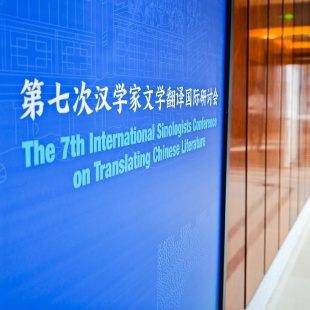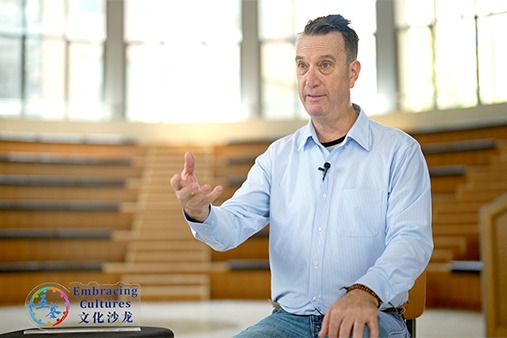AI in the eyes of writers, Sinologists


"Currently, AI is capable of translating the meaning of a novel, but it struggles to match the skill of a trained translator when it comes to preserving the book's unique style and flavor, which brings most of the enjoyment to readers in the target language," he explained.
Damgaard acknowledged that deciphering a book’s distinct style and then finding suitable expressions in Danish to represent it is a challenging and time-consuming task.
"I typically only gain a clear understanding of a book's style after completing the first draft of my translation," he said. He also expressed his ambivalence about using AI to assist in his work, stating, "I'm concerned that I would miss out on the experience of discovering the essence of a book through careful reading and thought".
Some Sinologists noted that there are publishing companies in their countries utilizing AI to translate literary works, which are then proofread by human translators. They agree that the quality of AI translations is often so poor that they fail to meet the standards necessary for proofreading.
“It can be a dangerous thing for those who don’t have much knowledge in literature or translation to embrace AI,” cautioned Bulgarian Sinologist Stefan Ivanov. His translated works include Mo Yan’s novel Sandalwood Death and Liu Cixi’s sci-fi trilogy Remembrance of Earth's Past.
The Bulgarian Sinologist suggested that people should reevaluate the role of AI in literary translation.
"Instead of relying on humans to proofread AI translations, we should do the reverse. AI can check our translations for potential errors. If a writer’s quote is incorrect or incomplete, we can ask AI to help fill in the missing information."





































